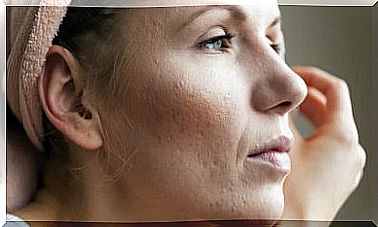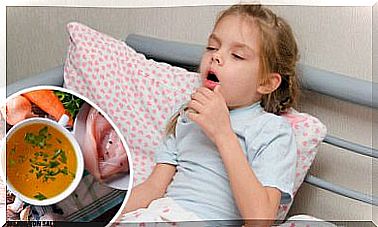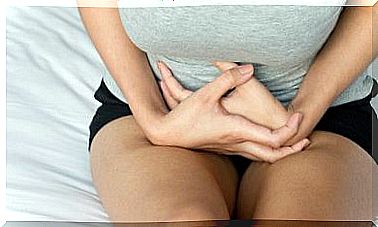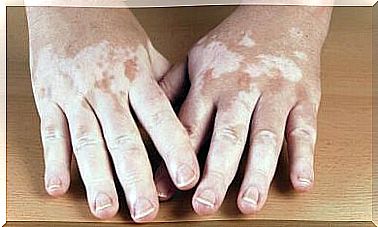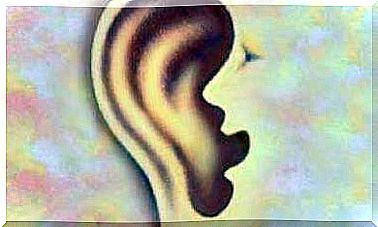Does Your Child Suffer From Breathing Difficulties? 6 Tips
If your child has difficulty breathing, you should consult a pediatrician so that he can determine the cause. It doesn’t matter whether this condition is acute or not. In addition, we have some tips for you that you should keep in mind. They will help you relieve your child as soon as you notice that they are suffering from these symptoms.

It is important that you understand the symptoms and how to tell if your child is having difficulty breathing. Although in most cases the cause is an excessive build-up of mucus, it could also hide other conditions.
In today’s article, we’ll tell you what to do if your child has difficulty breathing .
Dyspnea in children
Difficulty breathing, shortness of breath, or dyspnea is a symptom of the airways. Such problems can occur to varying degrees. This shortness of breath can even make your child unable to continue speaking for breath.
However, this symptom can have many different causes. It could occur as part of a cold. In these cases, the increased build-up of mucus causes this mucus to build up and make it difficult for your child to breathe. In addition, it can also be caused by other conditions such as laryngitis, bronchitis, asthma, or adenoids (enlarged tonsils).
In addition , dyspnea is a symptom that occurs with allergies and pneumonia and, of course, when the child is in danger of suffocation. But you should also keep in mind that anxiety and stress can also lead to seizures with shortness of breath.
What should you do if your child has difficulty breathing?
Take your child to the doctor

First of all, depending on the type and intensity of the symptoms your child is experiencing, you should decide whether you need to go straight to a hospital with them. If your child makes gasping or wheezing noises when breathing, has accelerated breathing, bluish lips, or if their chest is bulging when breathing, you should go to the emergency room immediately to have your child examined.
Whether it is an emergency or not, you should also consult your pediatrician about your child’s breathing difficulties so they can diagnose and determine the cause.
If your child has difficulty breathing, you should stay calm
Regardless of the cause of your child’s dyspnea, it is very important that the parent or caregiver remain calm about this situation. If you are stressed or upset, it will make your child nervous as well. And that, in turn, can make his breathing difficulties even worse.
Avoid “contaminated” environments
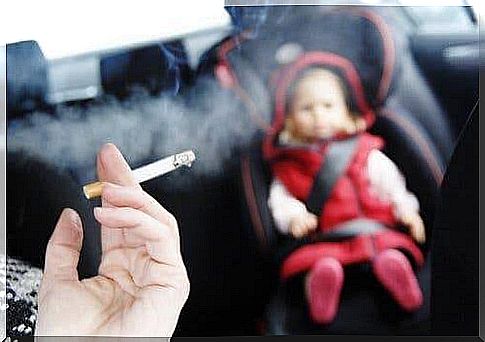
If your child has difficulty breathing, avoid areas that are full of tobacco smoke. You should get your child out of this environment immediately and make sure that they get as much fresh air as possible. Because the oxygen will help him to feel better again and to calm down again if he suffers from acute shortness of breath.
But regardless of the severity of the breathing difficulties, you should always make sure that small children are not in such surroundings.
If your child has difficulty breathing, a nasal rinse may help
A saline solution is the best cure for breaking up any buildup of mucus. This in turn helps your child breathe more freely. We also recommend that you do this regularly for babies. Because in this way you can prevent such accumulations of mucus from forming.
In fact, nasal irrigation cleanses the nasal passages, preventing them from clogging and mucus from building up in them. Because of this, it helps prevent shortness of breath from occurring. However, if your child continues to have difficulty breathing, you should see a doctor. Because there could be another, more serious illness behind it.
Lay your child on their back, with the back slightly elevated
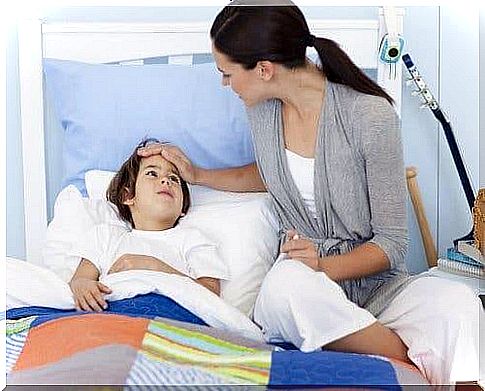
Your child’s sleeping position is important to prevent breathing difficulties at night. Therefore, you shouldn’t let your child sleep on their stomach or in a completely horizontal position. Instead, a slightly elevated supine position facilitates the flow of mucus and thus the child’s breathing.
Make sure the humidity in your home is high enough
The humidity in your home can either improve or worsen dyspnea. If you have a humidifier, you should use it to ensure adequate humidity in your rooms.
As you can see, there are very different and varied causes of breathing difficulties. Therefore, you should definitely see a doctor if the problems are acute or persist for a long time. Because the pediatrician can diagnose the cause and initiate the necessary treatment after carrying out the necessary tests and examinations.
